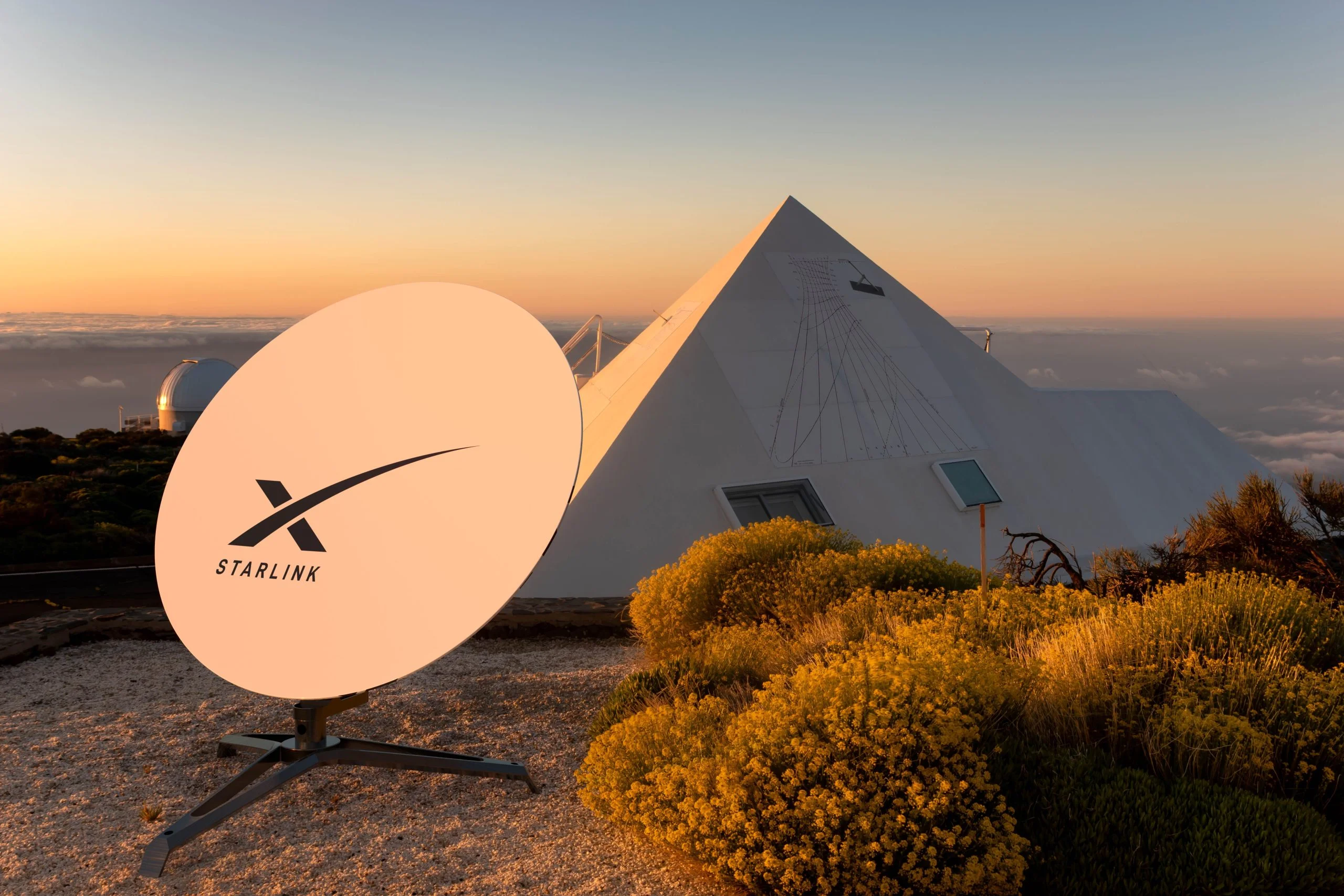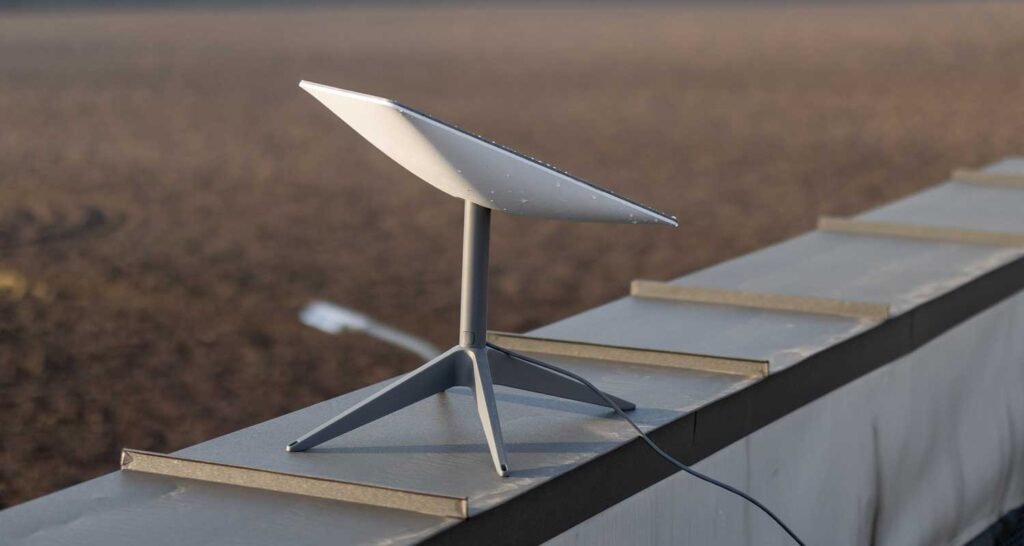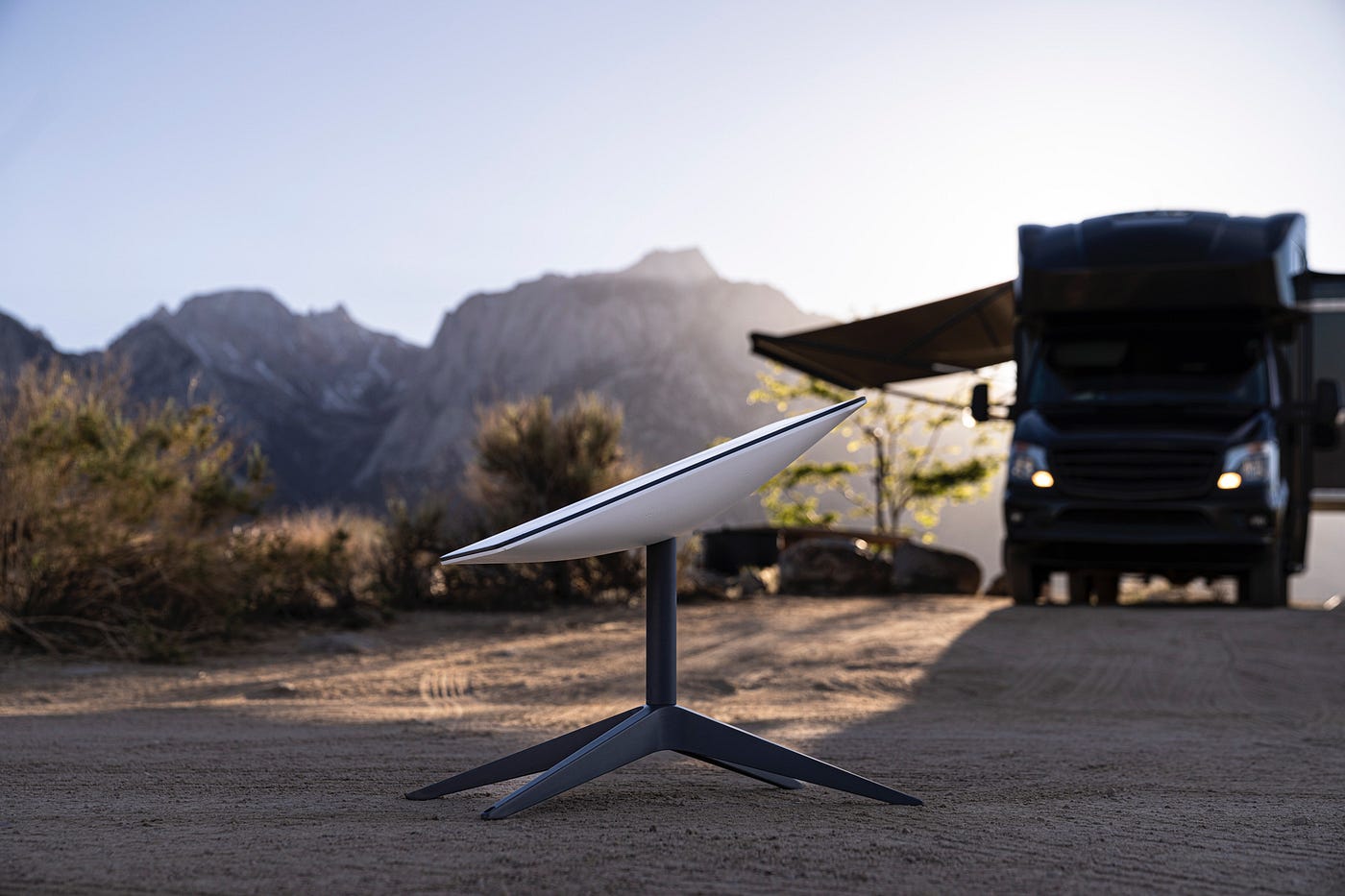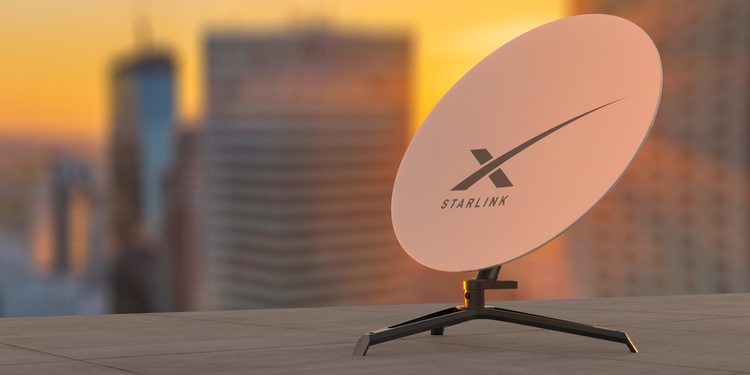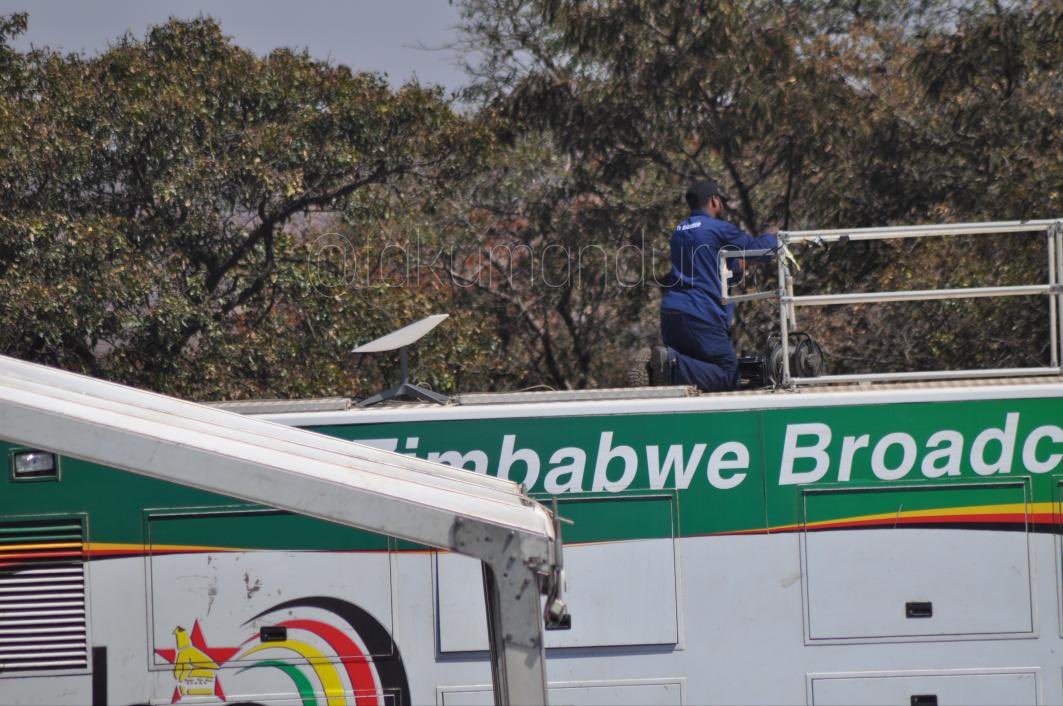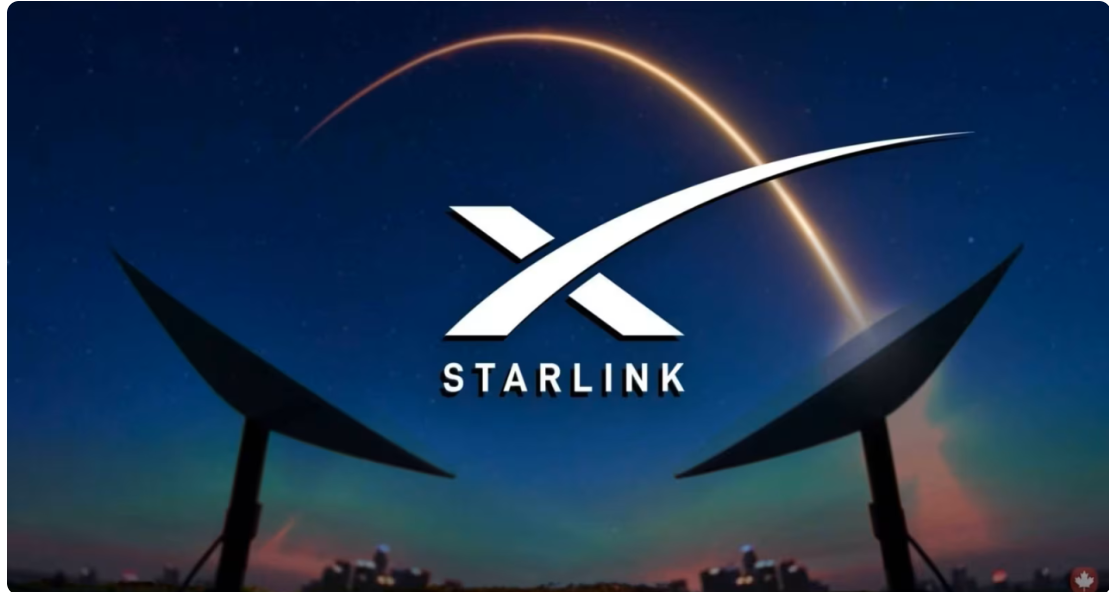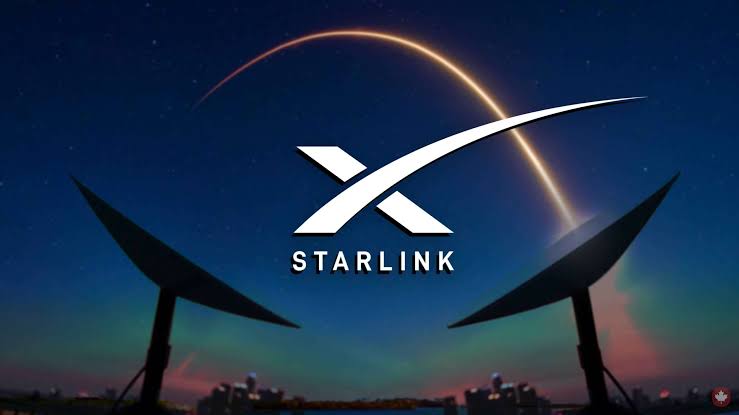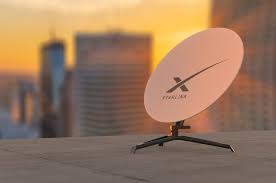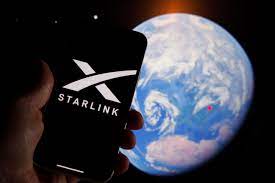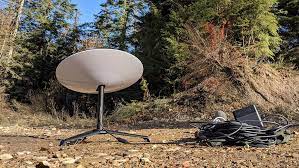Starlink has experienced a tenfold user base growth since its launch in Kenya in July 2023, indicating a swift adoption of its satellite internet service. Before Starlink’s debut, Kenya had a modest 405 satellite internet users.
Two months post-launch, this number had grown to 1,354, and by March 2024, it had surged to 4,808, according to data from Kenya’s Communications Authority (CA).
Read also: Sierra Leone licences Starlink, becomes 5th African nation on the network
Starlink’s High-Speed Internet Drives Growth
Starlink’s impressive speeds, exceeding 100 megabits per second (Mbps), have been a critical factor in the rising popularity of satellite internet. These high-speed services appeal particularly to users underserved by traditional broadband providers like Safaricom and Telkom Kenya.
This demographic includes specialised corporate clients with needs beyond what standard fibre or fixed broadband can offer and residents in remote areas where conventional internet infrastructure is insufficient.
“The launch of Starlink’s internet services in the country played a major role in driving the uptake of broadband services. Generally, the sector is expected to keep growing following the rollout of new technologies and services,” the Communications Authority reported.
The data underscores a significant shift in how Kenyans access satellite internet, with over 93% of users opting for high-speed plans ranging from 100 Mbps to 1 gigabit per second (Gbps)—speeds currently available only through Starlink.
Read also: Exploring Starlink’s Success as the Third Largest Internet Provider in Nigeria
Starlink’s Niche Market Impact
Starlink’s rapid rise in popularity is attributed to its ability to meet the needs of customers dissatisfied with the offerings of established internet service providers, which tend to focus on urban areas.
By promising to deliver broadband services to areas beyond the reach of traditional providers, Starlink has become a favoured option for this niche market. Despite Starlink being the newest major player in Kenya’s satellite internet space, other providers such as Skynet and NTvsat exist.
Meanwhile, Safaricom, the country’s largest telecom operator, announced plans to launch a satellite service over a year ago but has yet to roll it out.
